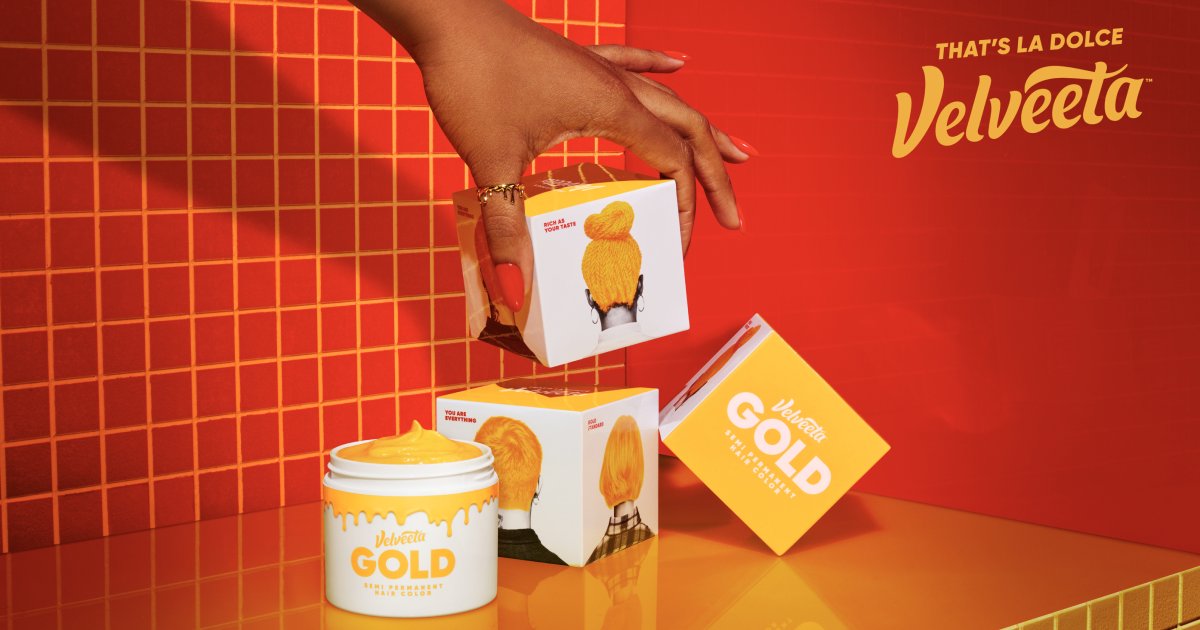
Food Brands Are Changing the Makeup of Cosmetics
By Mark Seavy
The growing frequency of licensing agreements is giving the beauty category a makeover. Celebrities have long been a key ingredient for perfume and cosmetics, but recently a number of restaurant brands and food IPs have developed a taste for the beauty category.
Increasingly, these pairings are in the form of limited runs designed to go viral on social media. And while the result may capture consumer attention, it also provides a base for brand building.
For example, Kentucky Fried Chicken recently launched No. 11 Eau de BBQ perfume that promises to capture the essence of classic barbeque, from charcoal to marinated meats. Hard Candy Cosmetics introduced Girl Scouts-inspired cosmetics, including a makeup bag, cookie-scented shadow palette, and lip repair oil. Meanwhile, e.l.f. Beauty licensed Supplying Demand Inc.’s canned water brand Liquid Death to launch the e.l.f. x Liquid Death Corpse Paint range, including lipstick, eyeliner, cream eyeshadow, and a coffin-shaped keepsake box. Kraft Heinz’s Velveeta cheese brand paired with actress Julia Fox for Velveeta Gold semi-permanent hair dye, which she sported at a recent New York Knicks basketball game.
“We will continue to accelerate growth in North America and follow as we explore new opportunities in key categories, buzzworthy collabs/partnerships, and align with brand priorities to create new usage occasions via food licensing in areas where consumers give us permission to play,” Charter Foster, Senior Manager for Licensing at Kraft Heinz Foods, said in a blog post on LinkedIn.
In addition to food brands, streaming services and corporate brands are also discovering a sense of fun through new beauty partnerships. Lush Cosmetics launched a collection inspired by the Netflix series Bridgerton that contains carrageenan gel, pineapple cleanser, and other products. Lush dropped social media from its marketing budget two years ago, instead placing an emphasis on collaborations and allowing consumers to drive social media buzz. In fact, Lush’s collaboration with Toei Animations’ anime One Piece generated a 71% increase in new digital customers and sold out the first day.
The recent surge in brand licensing for cosmetics comes as companies like e.l.f. have been gaining market share and retail shelf space by producing “dupes” that offer cosmetics with materials like premium labels, but at much lower prices. As a result, many brands are launching limited edition ranges and unexpected brand collaborations to appeal to the consumers searching for dupes and new offerings across social media.
Of these brands, e.l.f. in particular has seen significant success with the company’s market share of the U.S. cosmetics business rising to 10% in 2023 (up from less than 4% in 2019), according to CEO Tarang Amin. Additionally, e.l.f. has gained 13 feet of shelf space at Target, where it has a 19% share of the retailer’s cosmetics business, Amin said. The company also has shelf space at Ulta Beauty (12 feet) and Walmart (eight feet).
“We continue to track our prestige items. It’s grown double digits,” Amin said. “But we sell nine times the number of units on our Putty primer. “So, we basically brought in millions of consumers who couldn’t afford a $56 primer, but certainly can afford our $10 one.”

















